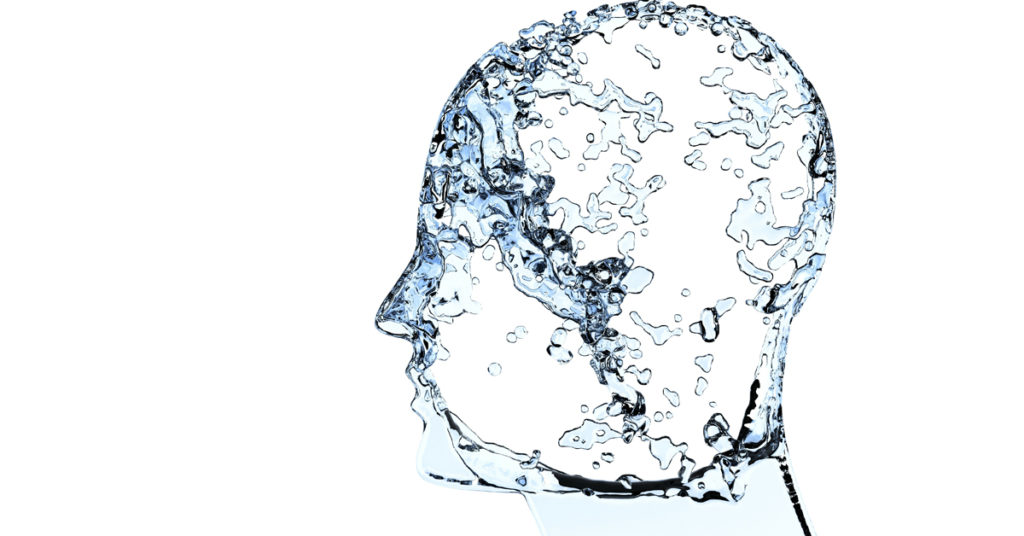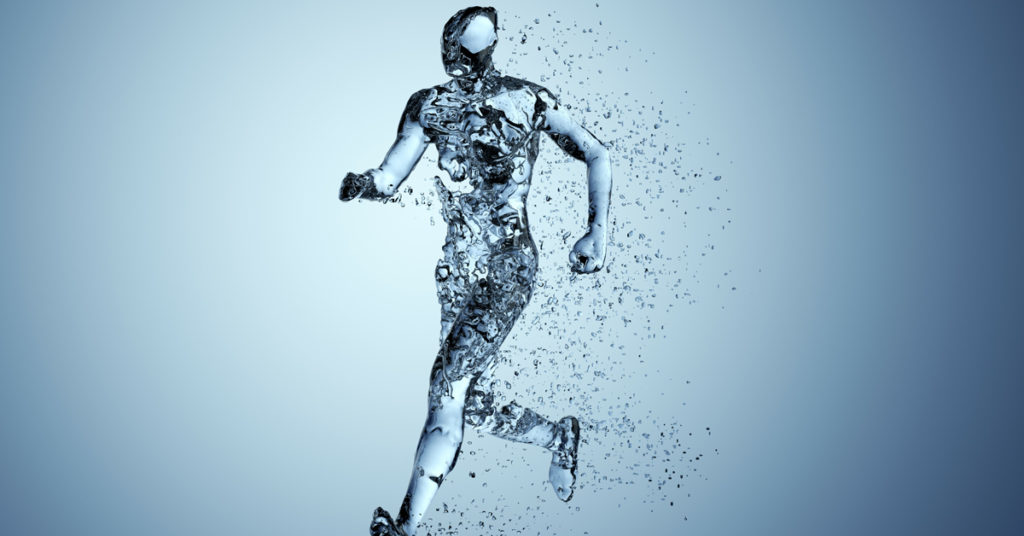
The new year brings a fresh start.
Despite the “uniqueness” of 2020, we find ourselves with the opportunity to review the past and look forward to the new year.
What are you resolving to focus on in 2021?
At WaterFleet, health and wellbeing are among the core values that we strive to exemplify each day.
We strive to solve complex water problems with simple solutions so that your workforce can have a better quality of life on a remote worksite, keeping them healthy and happy.
It may seem like a lot of people’s perspectives on living healthier have changed this year, but we’ve always known the secret. (insert sassy air quotes here!)
Water.
While there are varying opinions on the amount of water you should consume every day to stay adequately hydrated, everyone agrees that drinking water is essential to good health.
We take pride in being able to meet the safe drinking needs of the American workforce through the deployment of the Refresh’R.
This rig makes safe, potable water readily available where and when it’s needed. This is a mission-critical operation that keeps workers and emergency personnel properly hydrated while aiding their overall health and wellness.
Here’s a quick look at water’s effect on your body.
How Hydration Helps the Body

Most of us think of water’s purpose as being a healthy way to quench our thirst, but there are numerous benefits to staying adequately hydrated.
They include:
1. Promoting cardiovascular health.

Adequate hydration keeps your blood volume at a healthy rate.
When you are dehydrated, your blood volume lowers causing your heart to work harder to pump the reduced amount of blood in order to get enough oxygen to your cells.
Lower blood volume and a harder pumping heart makes everyday activities such as exercising and walking up stairs much more challenging to do.
2. Keeping your body cool.
The body releases heat through the expansion of blood vessels close to the skin’s surface, resulting in more blood flow and more heat dissipating into the air.
When you are dehydrated, your body requires a higher environmental temperature to trigger blood vessels to widen, which results in it staying hotter.
3. Helping muscles and joints function better.

When properly hydrated, water inside and outside the cells of contracting muscles provide adequate nutrients while removing waste efficiently, helping you to perform better.
Muscle fatigue also sets in when you’re dehydrated.
4. Keeping skin supple.

Your skin is less elastic when you’re dehydrated. This is different than having dry skin, which is usually the result of hot water, soap, or exposure to dry air.
Contrary to popular belief, drinking plenty of water won’t prevent the formation of wrinkles.
5. Helping cleanse the body – inside and out.

The kidneys need water to filter waste from your blood and excrete it in urine.
Staying hydrated may also aid in preventing urinary tract infections and the formation of kidney stones.
When you’re severely dehydrated, your kidneys may stop working, resulting in toxins building up in your body.
6. Hydration and the Immune System
Because the human body is composed of 60% – 70% water, nearly every process in the body is positively affected by proper hydration.
This includes the body’s immune system—the best defense against illness.
Our immune system relies on our bloodstream, which is about 90% water, to transport nutrients, fluids, and important communication signals to our organs, so they can efficiently function. Without proper hydration, blood volume decreases, which means that these transportations don’t work efficiently.
When we’re well-hydrated, our immune system is properly supported by the lymphatic system, which is essentially our drainage and sewage system. The system removes waste, toxins, and unwanted materials.
It’s like your very own Reclaimer Rig!
Water keeps the system functioning at optimum capacity and effectively supporting our immune system.
Dehydration’s Effect on Mental Health
Because the brain consists of 75% water, dehydration keeps it from functioning at its highest levels and impacts the way our brain runs at a cellular level.
Serotonin, also known as “the happy chemical,” is a neurotransmitter which leads to feelings of wellbeing and happiness.
When your body is dehydrated, the brain’s chemical process is impeded, leading to a decrease in serotonin production, and there is a positive correlation between low serotonin production and the incidence of depression.
Dehydration has also been shown to be a major cause of stress in the body.
When you’re stressed, your adrenal glands will produce excess cortisol, the stress hormone. When you’re under chronic stress, your adrenal glands can reach exhaustion, resulting in lower electrolyte levels.
How Much Water Does the Body Need?

Ask four different people how much water you should drink and you’re likely to get four different answers.
Theory One is a popular one. Proponents of this way of thinking believe 64 ounces per day. Now we’re not recommending you chug 64 ounces of water all at once, but you can easily consume 8 ounces of water eight times per day (remembered as the 8×8 rule).
Believers of Theory Two state that 125 ounces of water per day is adequate for men and 91 ounces for women.
A major problem with both of these theories is they don’t take into account the disparity in the weight of the individual. Does a 100-pound man need as much water each day as a 250-pound man?
Followers of Theory Three believe that the right amount of water to consume each day is predicated by what an individual believes is enough to alleviate their thirst.
The problem with this theory is that doctors agree that you’re already dehydrated by the time you’re experiencing thirst; it’s not healthy to wait until you’re thirsty to drink water.
Proponents of Theory Four believe that the color of your urine will let you know when you’re consuming adequate amounts of water. When the urine is clear, you’re at a healthy level. Darker urine means you need to drink more. Simple enough.
But consuming adequate amounts of water can also help with regulating whether you really are hungry or not.
Try this approach in the next week: If you feel hungry between meals, drink a glass of water and wait 15 minutes. You might be surprised with what happens!
Take these tidbits with you as you aim to be a healthier person in 2021. Look around your work environment to see if your company is providing you with a standard quality of “the secret ingredient” to good health – water!
If you want to learn more about providing your team with safe drinking water to keep them properly hydrated, the team at WaterFleet will be happy to talk with you. We’re committed to providing you with solutions that positively impact your people and the environment, as well as helping your bottom line.
Contact us today for a no-cost, no-obligation consultation.
